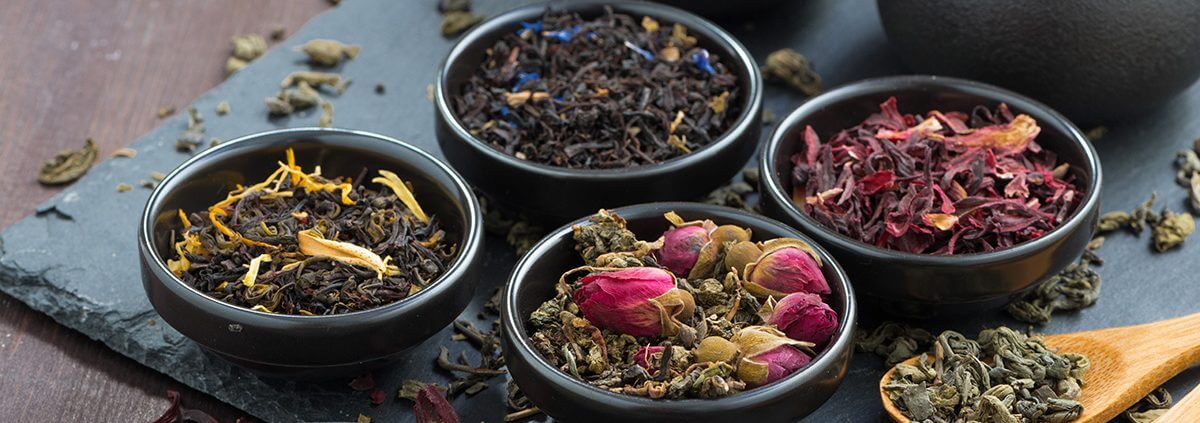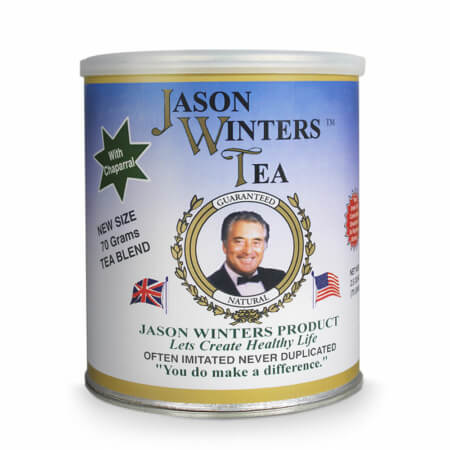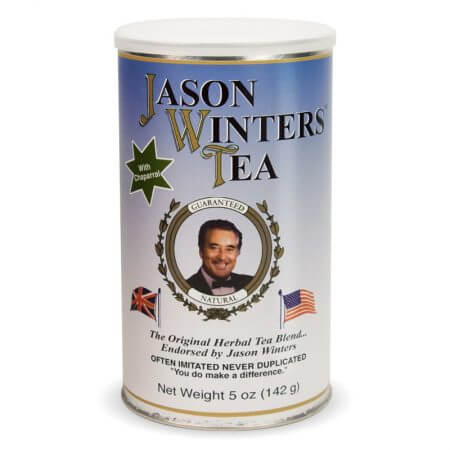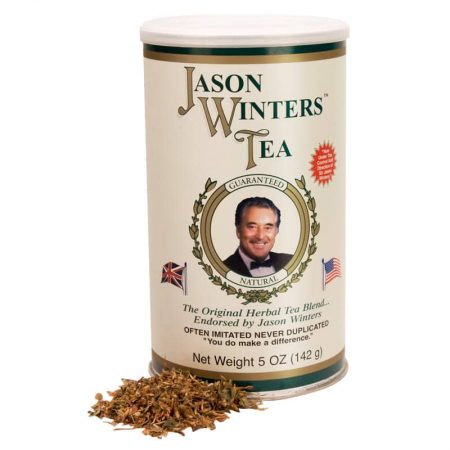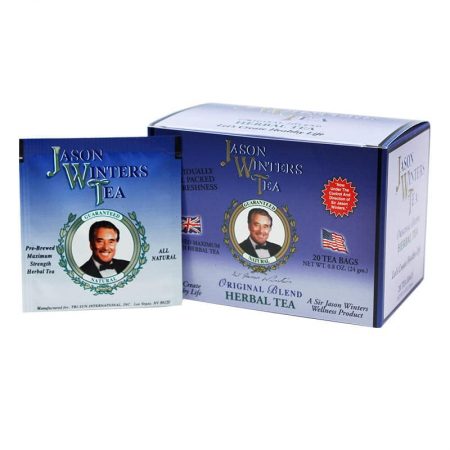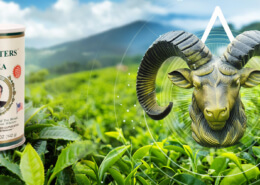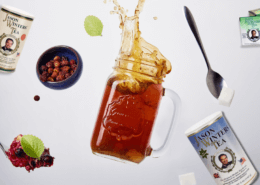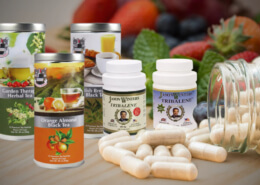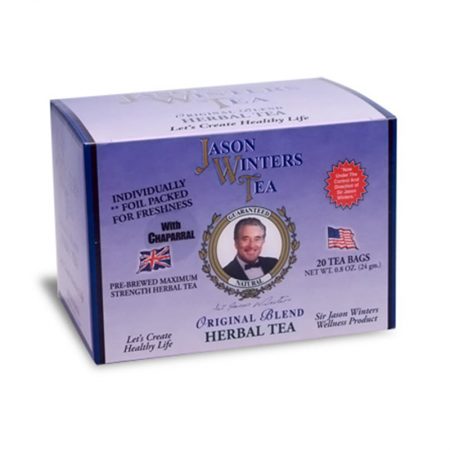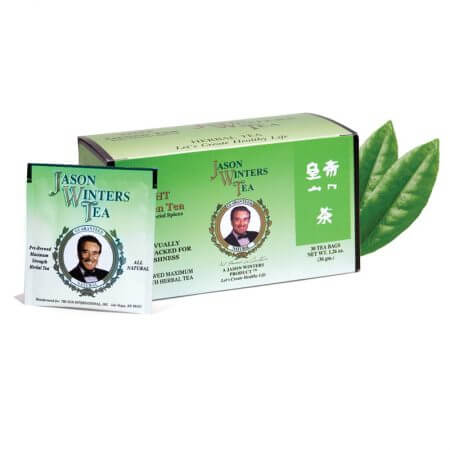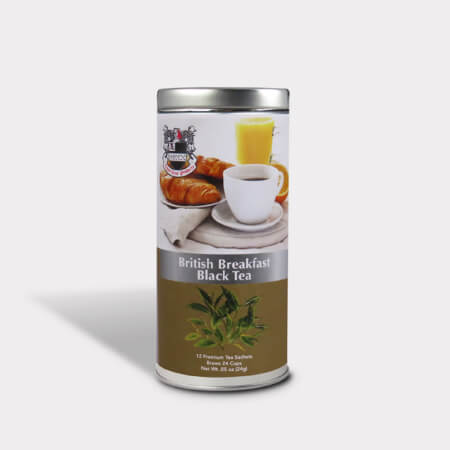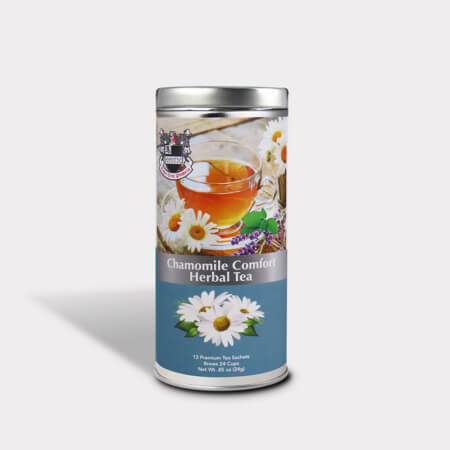Sir Jason Winters – Why Herbal Teas & Water Should Be Your Main Drinks
Our bodies need hydration because our bodies are made up of mostly water. Keeping enough liquid in our body is essential for good health. However, not all liquids are created equal. With so many choices available today, it can be hard to decide which is better for you and provides the most health benefits. Let’s look at the main options that are considered to be healthy by most and see which ones are the best.
Water and Tea

According to a study conducted by King’s College in London, Dr. Carrie Ruxton found that drinking three or more cups of tea per day is as good for you and may also provide additional health benefits as well. The phenol antioxidants which are found in a wide variety of plants and herbs have been shown to prevent damage to cells. Dr. Ruxton said in an interview with BBC News, “Drinking tea is actually better for you than drinking water. Water is essentially replacing fluid. Tea replaces fluids and contains antioxidants so it’s got two things going for it.”
Coffee
The average adult feels that they simply can’t start their day without the morning pickup they find in a cup of coffee. Researchers have found that there are definite health benefits to both coffee and herbal tea, but which is better for you? Some studies have shown that coffee drinkers are less likely to develop Alzheimer’s disease while other studies have shown that coffee drinkers are less likely over time to develop diabetes or heart disease.

Along with the good that coffee can do, there’s also some bad news: There are over 1,000 known chemicals that are found in roasted coffee, with 19 of these being known carcinogens. This has caused enough of a concern that a California judge recently ruled that coffee products in shops must contain a warning label that warns consumers of the dangers.
What About Fruit Juice?
Fruit juices are also delicious and can provide many health benefits. Many people choose fruit juices thinking that it a healthier alternative to soda. Most fruit juices that are packaged pre-bottled and in the store are made from concentrate. Juices made from concentrate tend to contain high levels of sugar. Even if the label says that it contains no added sugar, doesn’t mean that there isn’t sugar within it.
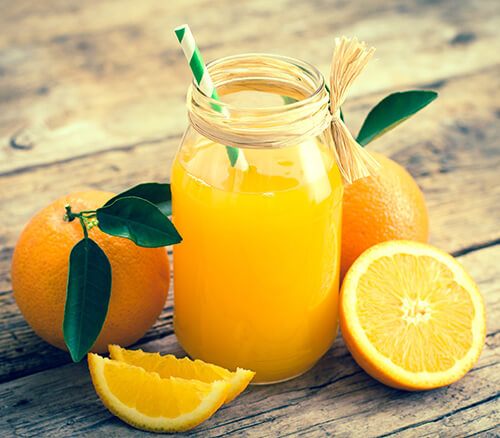
Scientists have found that consuming that much sugar has a direct link to obesity which can lead to diabetes and heart disease. This means soda and juice are both loaded with sugar and calories and that makes them far less of a healthy choice. In addition, some juices may even be acidic and can cause acid reflux as well as negatively impact the enamel on your teeth!
The Health Benefits of Herbal Teas
Herbal teas may be composed of either dried or fresh herbs. They can be made up of either whole herbs, or cut bits of leaves, berries, nuts, bark, resins, flowers, stems or roots.
Some herbs are warming while others are cooling. There are herbs which may have astringent properties, while others may have certain properties which are antifungals, antivirals or antioxidants. It may be surprising to learn that some herbal teas contain positive benefits that you might not expect.
How Much Herbal Tea Can I Drink?
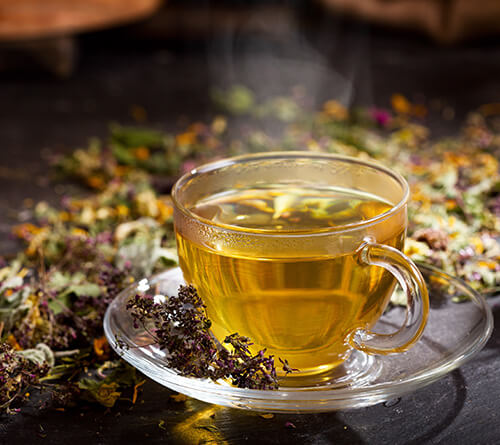
Some herbal teas may cause issues for those with certain health conditions. Chamomile tea can be very relaxing; but if you have a ragweed allergy, you may end up like you’re in the middle of pollen season! Remember that even if a plant is considered safe, you need to pay attention to your body and stop using something if it causes a reaction for you.
Herbal teas can also be formulated to have a great taste with the addition of berries and fruits. This type of herbal tea formula will naturally have fewer calories than juice and contain far less natural sugar. If you still want your tea to be sweeter, you can add stevia herb, which is 100 times sweeter than sugar but contains no sugar, or simply add a little bit of raw honey.
Herbal Tea Drinking Tips
Tea should be hot, but not as hot as it can cause damage or scald the mucous membranes in the mouth. According to Dr. John R. Christopher, drinking hot or very warm liquids such as tea is one of the fastest ways of getting the benefit of herbs to enter into the systems of the body. The properties of the herbs enter into the body almost immediately; from the mouth to the intestinal tract directly into the bloodstream with its beneficial properties.
Cold herbal teas can also offer the same potential health benefits. However, the healing properties are absorbed in the body over a longer period of time. Keep in mind that the healthy benefits of an herbal tea are still there when they are consumed cold; it just may take a little longer to see them.
Resources
“School of Natural Healing” by Dr. John R. Christopher, 20th Anniversary Edition, 1996, Christopher Publications, Springville, Utah p. 558
“The Family Herbal: A Guide to Living Life with Energy, Health and Vitality” by Rosemary Gladstar, 2001, Stickley Books, North Adams, Massachusetts
“The Art of Formulation” by Rosemary Gladstar (personal notes from lecture) attended August 5, 1999, Herbfest, Frontier Cooperative Herbs, Norway, Iowa
http://www.answers.com/Q/is_green_tea_better_then_coffee
https://www.medicaldaily.com/health-benefits-coffee-vs-tea-which-one-better-you-309556

